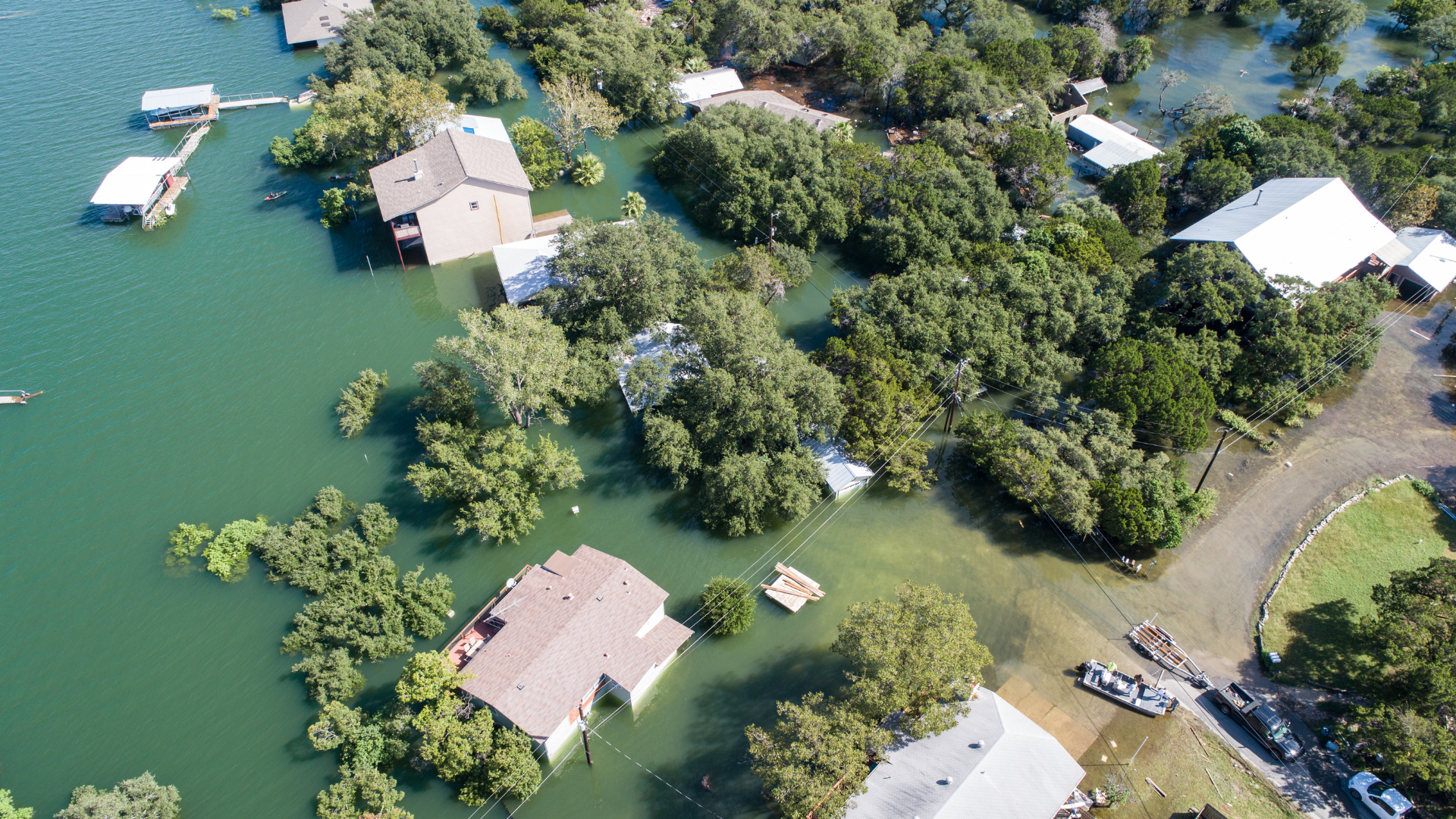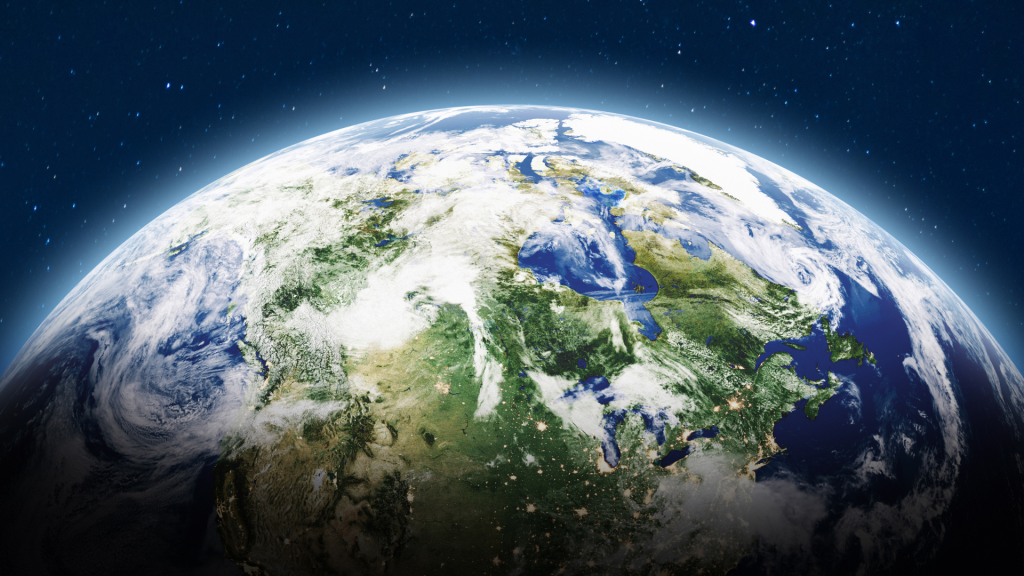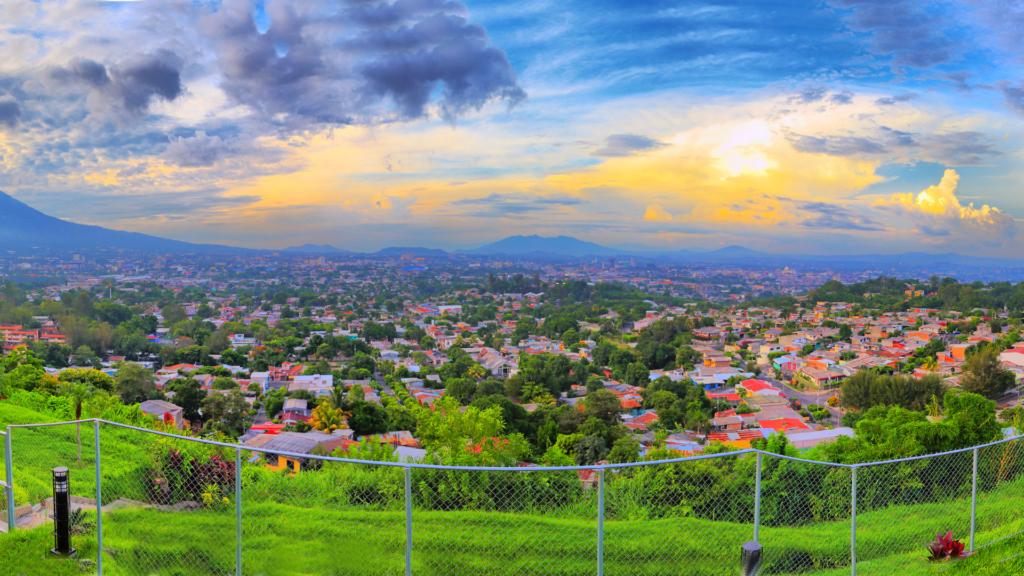The Greenhouse Effect
As a result of the greenhouse effect, the Earth’s temperature is regulated naturally. Infrared radiation is absorbed and re-emitted when the sun’s energy hits the atmosphere. Some of it is reflected into space, while the rest is absorbed. As a result of greenhouse gases like water vapor, carbon dioxide, and methane trapping infrared radiation, the atmosphere warms up. While the greenhouse effect is essential for life on Earth, human activity is causing the atmospheric concentrations of these gases to rise. This enhanced greenhouse effect is resulting in global warming, which threatens our planet and our way of life. To reduce the risk of global warming, it is important to reduce emissions of greenhouse gases. This can be done through a variety of methods, such as reducing energy use, transitioning to renewable energy sources, protecting and restoring forests and wetlands, and increasing energy efficiency.How Does Climate Change Affect Us?
In addition to threatening public health, food security, economic growth, and social stability, climate change is already making the world a more dangerous place. It is exacerbating poverty and social inequality, and it is undermining efforts to achieve sustainable development. The effects of climate change are being felt by people all over the world, and the poorest and most vulnerable people are being hit the hardest. The impact of climate change on human health is complex and multifaceted. Climate change can cause or exacerbate a wide range of health problems, including:- respiratory illnesses
- heart disease,
- stroke
- cancer
- infectious diseases,
- mental health problems
- malnutrition



